Can you really get pregnant on the pill? In a nutshell – yes you can. Although the pill is over 99 percent effective when it comes to preventing pregnancy, it is not completely foolproof. This means that if you don’t want to get pregnant when using this form of birth control, you’ll need to be careful. Read on to find out how you can make sure this method of contraception works properly for you.
Take it Correctly
There are two main categories of contraceptive pill – the combined pill and the mini-pill. Precisely how you should take this contraception depends on the particular version you are using. The combined pill is usually taken for 21 days in a row and then stopped for seven days. During this break, you should have your period. Once the seven days are up, you begin the 21 day cycle again. You should aim to take this version of the pill at the same time every day. This will maximize its effectiveness. However, the combined pill does allow a 24-hour window, meaning you could afford to be up to a day late in taking it and still be protected.
In contrast, the mini-pill is taken every day without a break. If you’re using this version, it is important to note that the window for missing a pill is much narrower compared to the combined pill. Most mini-pills should be taken within the same three-hour window each day, although the brands Cerazette and Cerelle each allow a 12-hour window. Once the three or 12-hour windows have passed, you will not be protected against pregnancy.
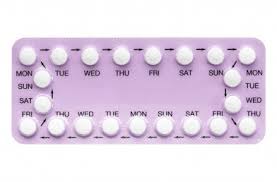
If you miss the window for taking your pill, you’ll need to use additional contraception, such as a condom, for a specified period of time. For the combined pill, this is seven days and for the mini-pill, it’s two days. Your contraceptive should come with full instructions telling you what to do in these situations, but if you require extra guidance, you could speak to your doctor or visit a specialist website such as www.lloydsonlinedoctor.ie.
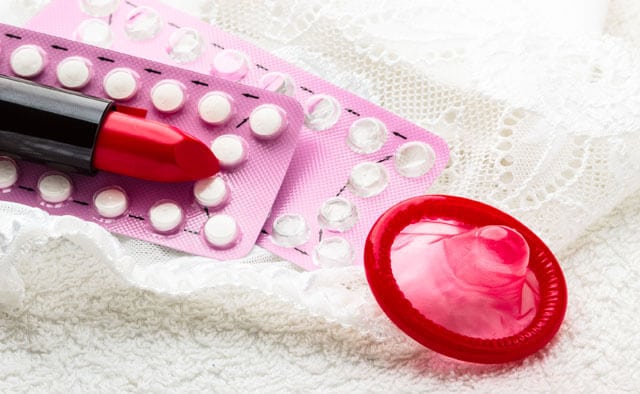
Use Techniques to Help You Remember
Especially if you lead a busy, hectic lifestyle, remembering to take your pill at the correct time can be a challenge. So that you don’t forget to take your birth control, you could adopt a technique that will jog your memory. For example, you could simply set an alarm as a reminder, or keep your contraceptive packet somewhere that you look every day, such as next to your toothbrush in the bathroom. It’s also a good idea to take your pills in the correct sequence. This way you will be able to tell if you’ve missed a dose straight away. Remembering to take your birth control is crucial if you want to reduce your risk of getting pregnant.
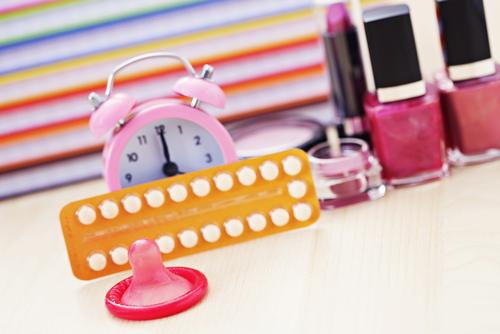
Understand When it Might Not Work
Aside from forgetting to take it, there are other instances when your contraceptive may fail to work. For example, if you’re ill and suffer from sickness or diarrhoea, this can reduce its effectiveness. If this happens, you should use extra protection during sex, such as condoms, for at least a week after your illness has passed.
You might have heard that taking antibiotics can prevent the pill from working. However, in most cases this isn’t true. It’s now known that the majority of antibiotics are safe to use alongside oral contraceptives, although if you’re starting a course of these medicines, you may want to check this with your doctor just in case. It is thought that rifampicin and rifabutin, which are used to treat health conditions including tuberculosis and meningitis, are the only antibiotics that can affect hormonal contraception
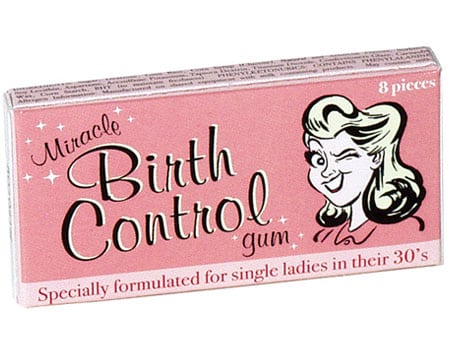 So, while the pill may not be completely foolproof, if you take it correctly, on time and understand when you’re at risk of it not working, you should be well protected at all times. If you’re ever in doubt about the effectiveness of your birth control, you can get the information you need by visiting trustworthy websites or by speaking to a health professional. The important thing is to make sure you’re clued up on all the facts when it comes to contraception and sexual health more generally.
So, while the pill may not be completely foolproof, if you take it correctly, on time and understand when you’re at risk of it not working, you should be well protected at all times. If you’re ever in doubt about the effectiveness of your birth control, you can get the information you need by visiting trustworthy websites or by speaking to a health professional. The important thing is to make sure you’re clued up on all the facts when it comes to contraception and sexual health more generally.
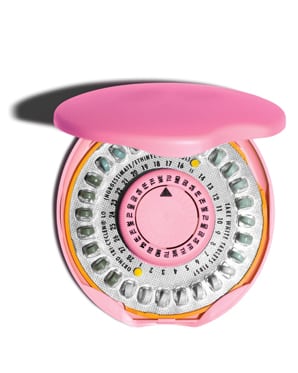
This post provided by the birth control specialist website, www.lloydsonlinedoctor.ie